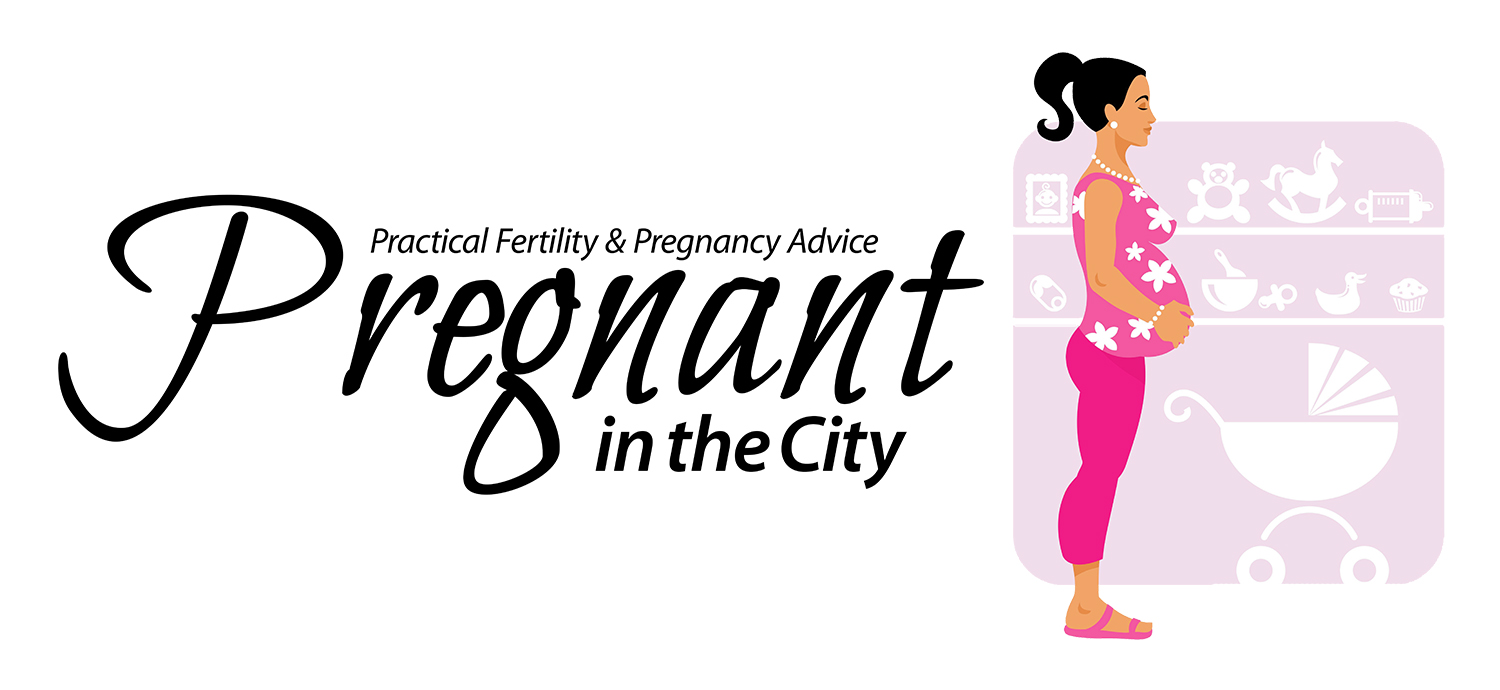As a fertility acupuncturist and older mum (first child at 38, trying to conceive the second at 43), I am writing this article from a couple of different perspectives.
In my clinic, I see many women who are over 40 and struggling with fertility challenges. I help their health with acupuncture and herbs and support them emotionally as they suffer through all the tests, hormone injections and medical procedures that are involved in fertility treatments. Statistically speaking, I know that these women should not have waited so long to try to get pregnant and I now see how hard it is for them to go through IVF. Anyone who says IVF is easy has never done it.
Yet, I am also one of these women who waited to have children for the same reasons that many women wait: finding the right partner, wanting to develop a career, uncertainty about becoming a mother… For me, the first baby came easily; the second is proving to be more of a challenge.
I therefore understand and empathize completely with women who wait until their late 30s or into their 40s to have a child. Yet, from my clinical perspective, I am also fully aware that getting pregnant later in life is not always as easy as the over-40 celebrities make it appear.
Men and women are going to continue to wait to have children. Society has moved forward and changed. So what are we women to do? How can we have our cake and still get to eat it?
The best way is to be prepared and be proactive about your health and fertility. Find out earlier rather than later if there are any fertility issues such as polycystic ovarian syndrome (PCOS) or endometriosis.
Here are my tips for every decade to show women how they can check in with their health and see how their fertility potential looks:
For women in their 20s
When girls first get their periods, they are often irregular or they can be particularly painful. By the time women are in their late teens or early 20s, they have been to the gynecologist who offers them the birth control pill as a solution, which will give them regular cycles or make them less heavy or painful. However, once a woman goes on birth control she tends to be on it for many years, which, while convenient, can mask potential fertility problems. It is a good idea to consider other options first. If there are no periods or very infrequent ones, it might be the onset of polycystic ovarian syndrome (PCOS). An endocrinologist (hormone specialist) should take a look to see if there is a reason behind the problems with the period. Since problems with periods in this age group are still in their early stages, they can often be dramatically improved with changes to diet, lifestyle and some herbs or supplements.
The '20s' is also a good time to consider egg-freezing. This option was not available to me when I was younger but knowing what I know now, I will advise my own daughter to consider egg-freezing. By staying healthy and getting to know your menstrual cycle, it is very possible to maintain healthy fertility, and probably the eggs won’t be needed, but it is a back-up plan.
For women in their 30s
As you go into your 30s, this really is the time to get to know your menstrual cycle and start to investigate potential fertility issues. If you are still on birth control medication and have been for many years, you may want to consider coming off it and using other methods of birth control for several months. You will get to see what your real cycle is like. Once you have been off the pill for three months it is a good time to get tested.
The basic fertility tests include hormone tests that look at the fertility hormones FSH, LH and AMH, as well as ovarian reserve testing. Some of the tests can be done through your gynecologist; some have to be done with a fertility doctor. While I think tests are great and offer insight and knowledge, do not let a bad result send you into depression, thinking you will not be able to have children. I have seen many women, who have been able to have a baby despite poor results in fertility tests. However, it could indicate a potential problem, and these tests can be used as a guide for how to plan the next years. If your test results are not good for your age, use this information to assess your overall health, diet and lifestyle. This is the time to make changes to improve your fertility and maintain your fertility potential. Egg freezing is still an option at this age.
For women in their 40s
This is the time to take action. If you have found your partner, consider trying to start a family as soon as you can. When you do start to try to conceive, consider fertility testing immediately, including a hormone panel as well as a sperm analysis. A sperm analysis is very important as over one third of fertility issues are related to sperm problems. Don’t wait six months before going to see a doctor. If you have not found the right partner, then this is the time to consider going it alone and becoming a single mom.
We have reached such an amazing point in our history where (most) women around the world have the freedom to choose when and with whom they have a child. However, what is needed now is to further empower women with information and knowledge about their ability to have a child and what can impact their fertility, so that they can make informed decisions when planning their future.
